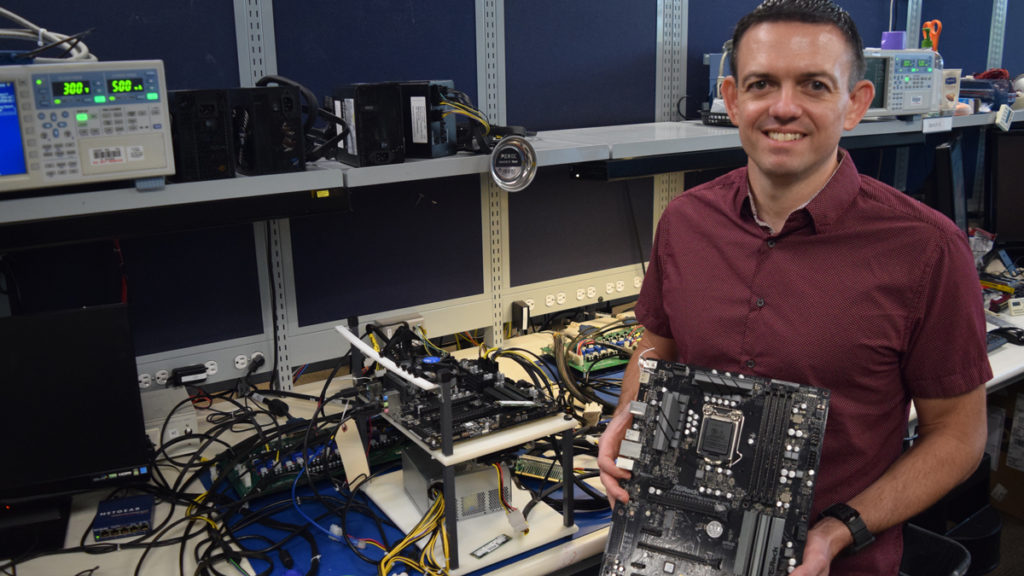Image: Intel
PSU manufacturers are reportedly in little rush to adopt Intel’s new ATX12VO power supply standard, which utilizes a single rail design to reduce desktop PC idle power. The news comes from ZDNet Korea, who spoke to at least one industry official confirming the lack of interest due to increased component prices. Another insider claims that Intel might be desperate enough to enforce the ATX12VO standard by making the specification mandatory for its upcoming lineup of 12th Gen Core “Alder Lake-S” 600 Series motherboards.
“In order to increase power efficiency, internal components are added and the structure of various cable terminals is changed, so the initial product price is inevitably increased,” one manufacturer explained.
“There is a possibility that Intel will enforce...
Continue reading...
